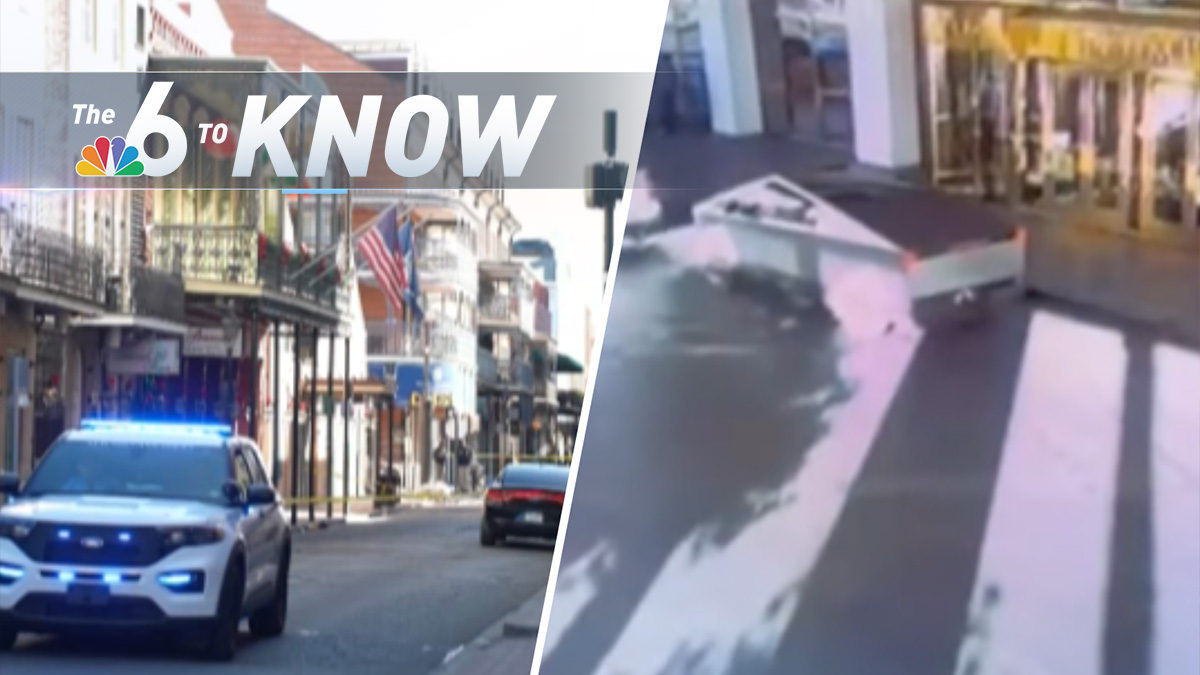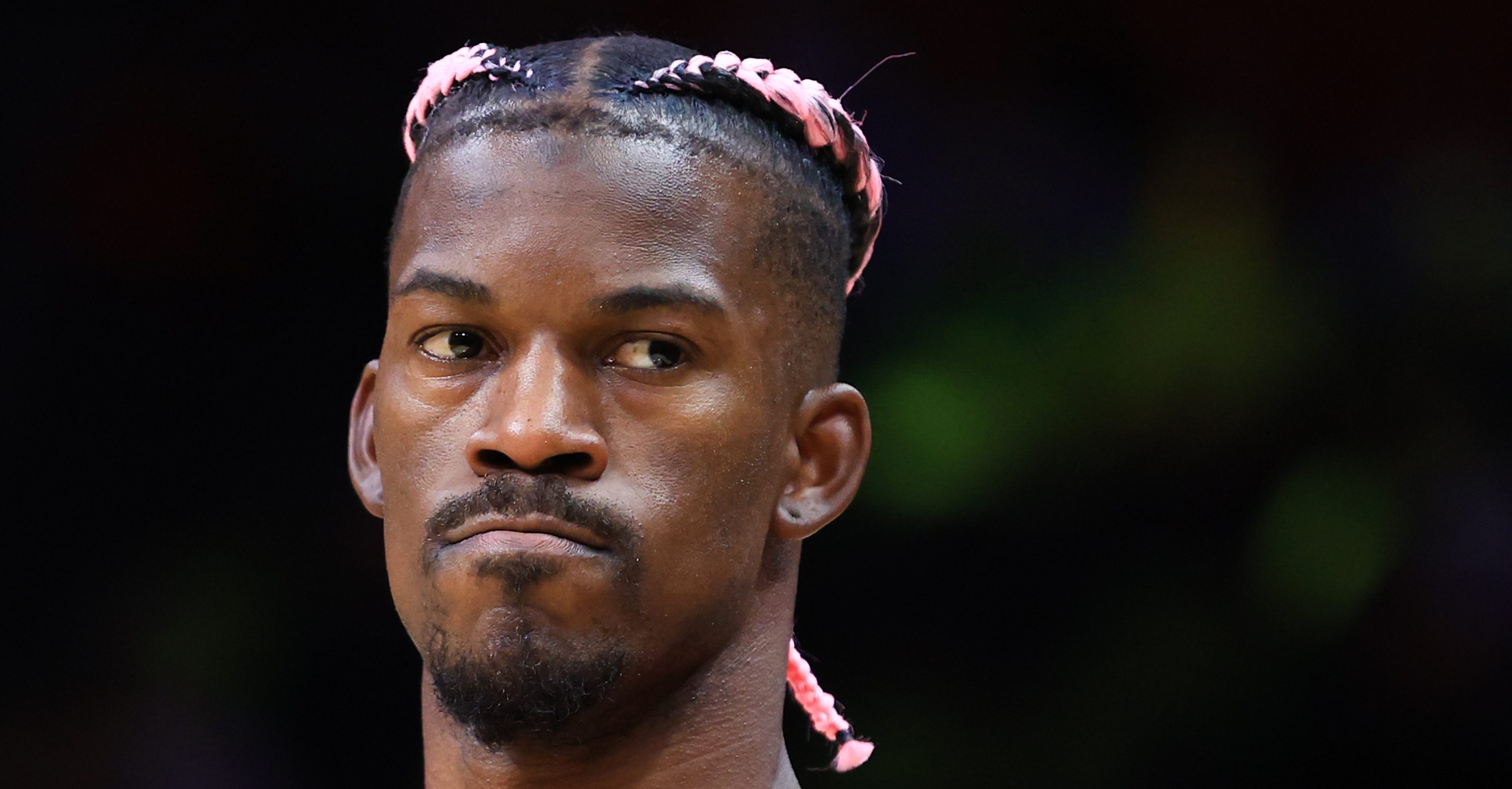Florida’s governor Monday took aim at protesters, signing a bill that immediately created new crimes and increased punishments for existing ones if they occur during protests that threaten to damage property or to harm people.
It’s a complicated, far-reaching new law that Democrats and the American Civil Liberties Union say is unconstitutional and it goes beyond just punishing rioters.
Watch NBC6 free wherever you are
>But, flanked by two dozen law enforcers in Winter Haven, Gov. Ron DeSantis heralded what he called "the strongest anti-rioting, pro-law enforcement piece of legislation in the country."
In Tallahassee, Democrats had another name for House Bill 1.
Get local news you need to know to start your day with NBC 6's News Headlines newsletter.
>"This is Hate Bill 1," said state Rep. Anna Eskamani (D-Orlando) "Effectively right now state law includes broadly defined misdemeanors and felonies designed to criminalize and disenfranchise protesters."
Republicans say it doesn’t impact peaceful protesters.
"Our message to those people is, you're still protected because you're peaceful," said House Speaker Chris Sprowls (R-Pinellas County). "There's nothing in this 60-age bill that makes it a crime to be a peaceful protester."
Local
But the American Civil Liberties Union read the bill and says it does.
"It says that if you show up at an event that someone, somewhere decides is disruptive, even if you don't participate in that disruption yourself, you can still be arrested," said Micah Kubic, executive director of the ACLU-Florida.
The bill makes it a felony, punishable by up to five years in prison, to "participate in a violent public disturbance involving an assembly of three or more persons, acting with a common intent to assist each other in violent and disorderly conduct, resulting in: injury to another person, damage to property or imminent danger of injury to another person or damage to property."
Kubic said that and other provisions are poorly and vaguely worded, but the law could be read to make a felon of anyone present at a gathering where three or more other people put a person or property in imminent danger.
Accusing Florida Republicans of targeting those who protest police violence against minorities, state Sen. Shevrin Jones (D-Broward County) said, "Our response to injustices in this country is protest, but their response is to criminalize it when the recourse for us is to turn to the streets to make our voices heard in this unjust system."
The law enhances penalties for many crimes -- assault, battery, burglary and grand theft -- if they occur during the disturbance caused by those three-plus troublemakers.
But it allows anyone who kills or injures a rioter to escape civil liability.
"I think this is the single worst, most horrific provision," Kubic said. "It’s one that says if you’re a passing motorist and you just feel to be frightened by what you see at a protest, that you now are essentially now given carte blanche to use your car and kill a protester."
The killer could still be charged with a crime, if prosecutors determine the evidence supported a charge.
But DeSantis Monday did not address why he wanted to give civil immunity to those who kill or injure protesters.
Nor did he elaborate on why it’s now a crime for three or more people to threaten to use force to change one’s viewpoint.
He did enjoy a laugh, though, when one of his sheriff supporters used the bill signing ceremony to tell new Floridians how to vote.
"Welcome to Florida," said Polk County Sheriff Grady Judd. "But don’t register to vote and vote the stupid way you did up north. You’ll get what they got. "
Desantis declined to take questions, saying "I gotta catch a flight, so I'm out but thanks everybody."



